Global Health Unfiltered Blog

Enhancing Beauty Safely: Navigating the Complexities of Plastic Surgery in Africa
In the wake of a high-profile incident involving Nigerian actress Romata Adetu, the conversation around the safety of plastic surgery in Africa has surged with urgency. The allure of cosmetic enhancement, amplified by social media’s pervasive influence, has led to a dramatic increase in procedures like the Brazilian Butt Lift (BBL)—a trend that is not without its risks.
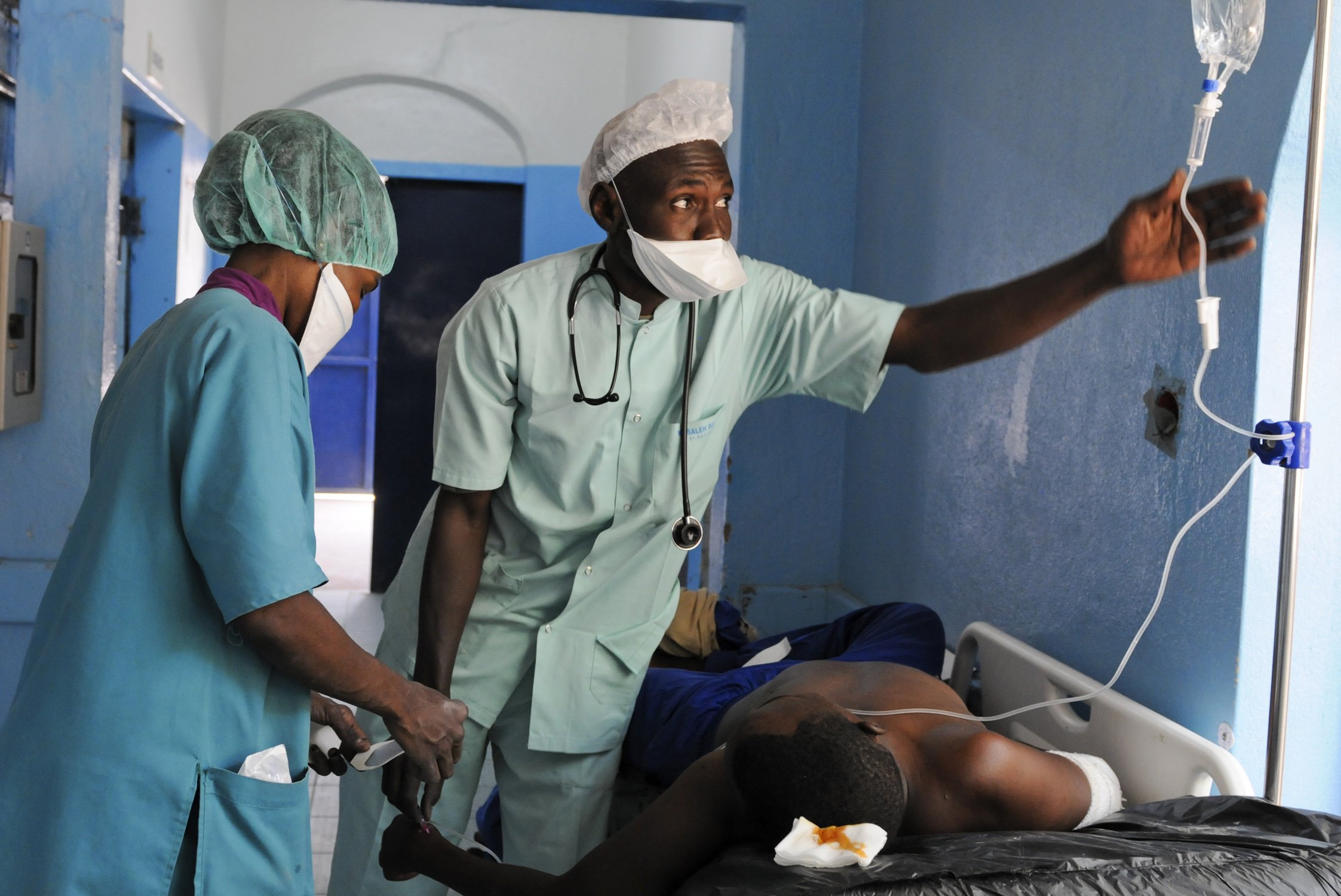
A Global Call to Arms Against Antimicrobial Resistance
A 2019 report by the Institute for Health Metrics and Evaluation reveals a staggering 1.27 million deaths directly linked to drug-resistant infections, with the highest mortality rates in sub-Saharan Africa and South Asia. The culprit? Misuse of antibiotics and a lack of awareness about AMR among both the public and healthcare professionals in LMICs.
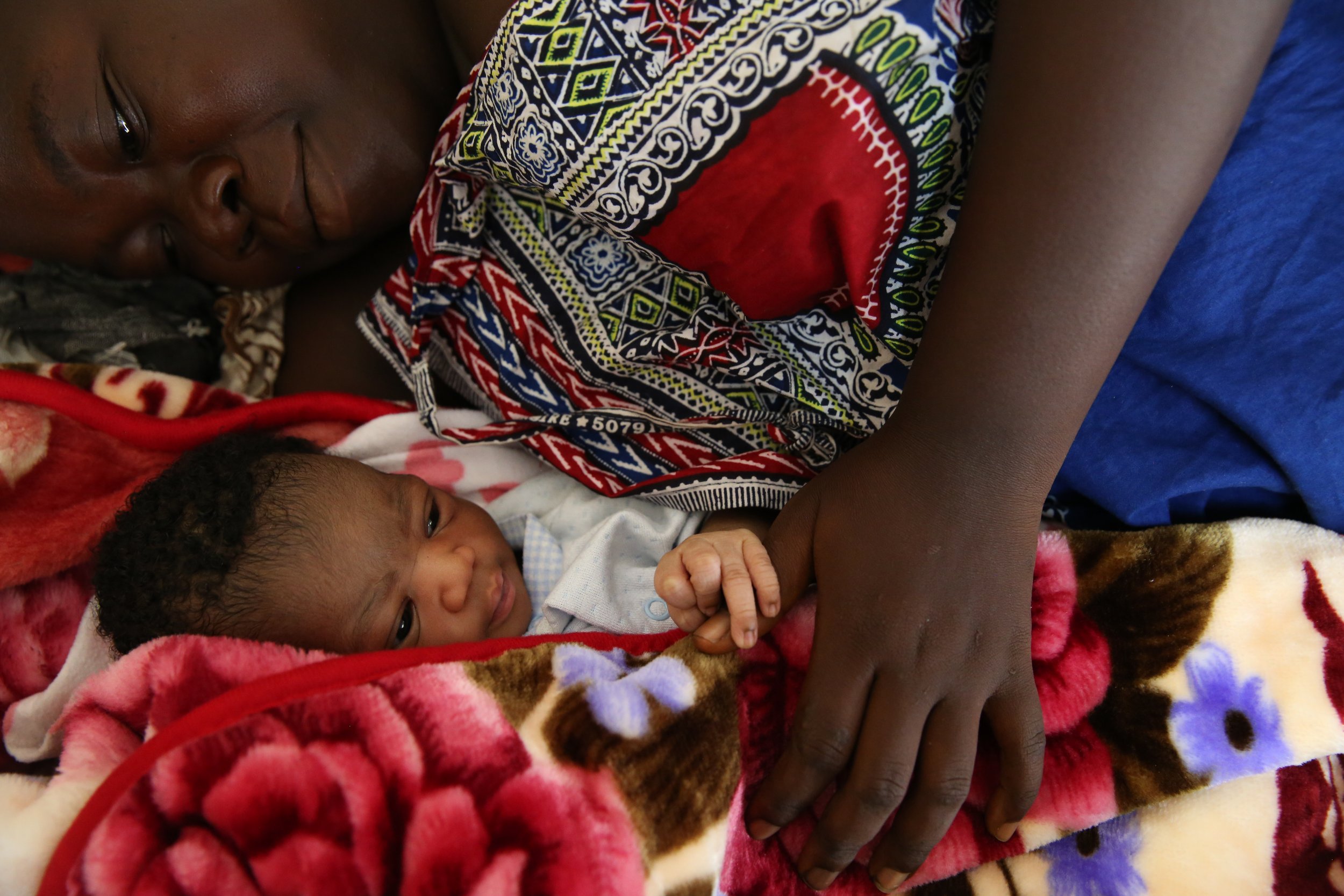
When Motherhood Becomes a Battle: Fighting Postpartum Depression in Africa
In South Africa alone, up to 40 percent of new mothers suffer from PPD, yet these cases are underreported and misunderstood. The societal belief that PPD does not affect African mothers is a dangerous misconception that leaves many women suffering in silence.

A Zambian Boy, a Paper cut, and the World We Should Build
In 2019 alone, an estimated 4.95 million deaths were associated with bacterial AMR, with Sub-Saharan Africa bearing the brunt of this burden. AMR threatens to push us into a terrifying future where once-treatable infections become untreatable.

Revitalizing Leprosy Control in Nigeria: A Call to Action
Despite its ancient history, leprosy, or Hansen's disease, remains a powerful force, causing irreversible disabilities affecting the skin, peripheral nerves, and respiratory tract. Commendable past efforts, including establishing the National Tuberculosis and Leprosy Control program in 1989, brought leprosy to the brink of eradication by 2000.

The Vital Role of Persons with Disabilities in the Green Transition
The International Energy Agency’s forecast of a net gain of nine million jobs in clean energy by 2030 is promising. However, the critical success metric will be the inclusivity of these jobs. The United Nations Framework Convention on Climate Change emphasizes the need for a just transition of the workforce, which must include persons with disabilities. Their voice, agency, and empowerment as energy and climate actors are indispensable.

The US needs to rethink its punitive legal approach to mental health
Using punitive legal approaches to respond to illness is not only unjust but defeatist. It ignores the underlying causes of the scourge and fails to provide effective interventions. It creates a vicious cycle of stigma and discrimination that perpetuates societal injustices against vulnerable populations, including the homeless and those battling substance use challenges.
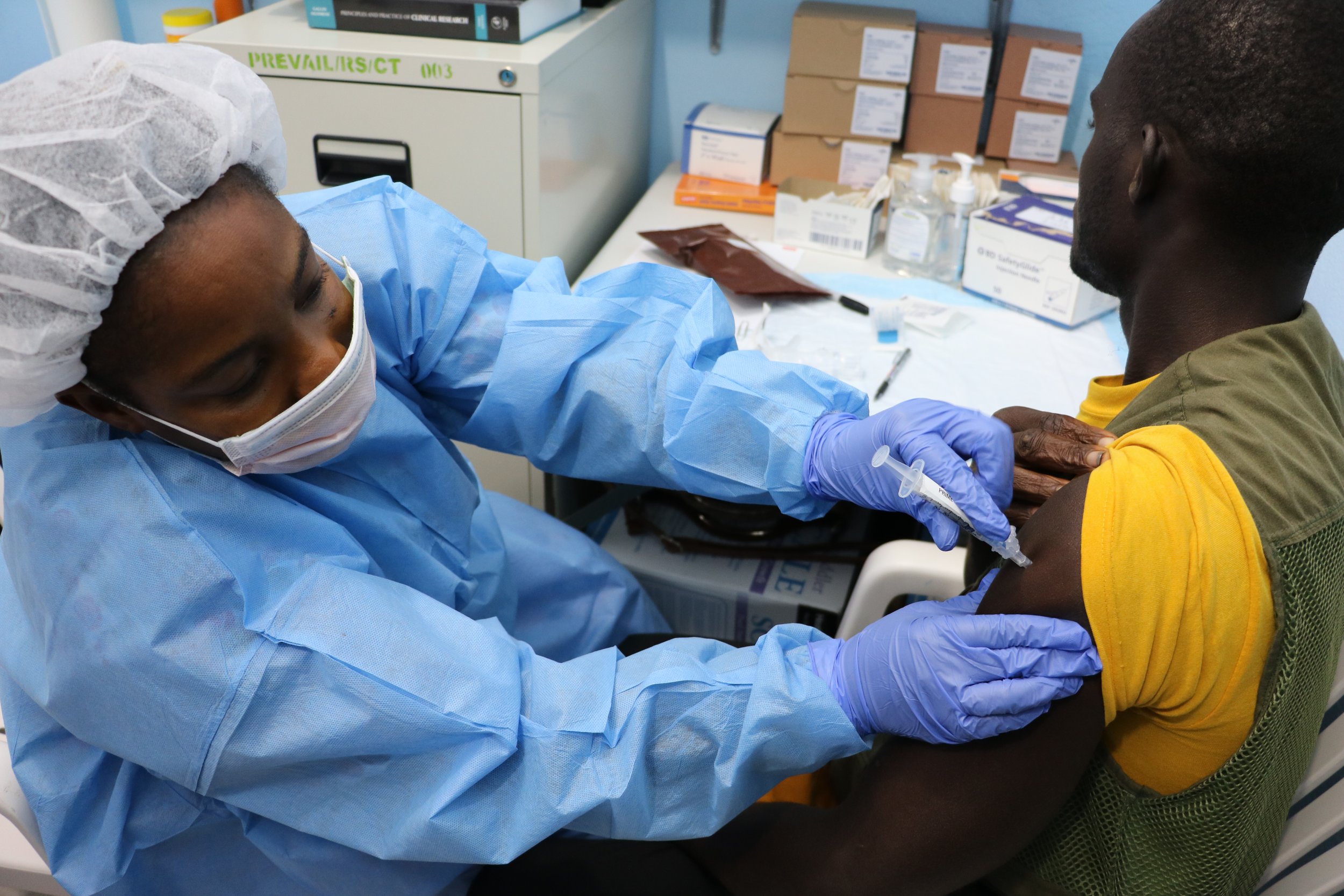
Where Lies and Placebos Thrive in Global Health Systems
Public distrust in healthcare systems is a global concern that affects everyone, regardless of whether they trust healthcare systems. The burden of this distrust is significant, including increased healthcare costs, poor health outcomes due to delayed or avoided medical care, and reduced effectiveness of public health interventions.
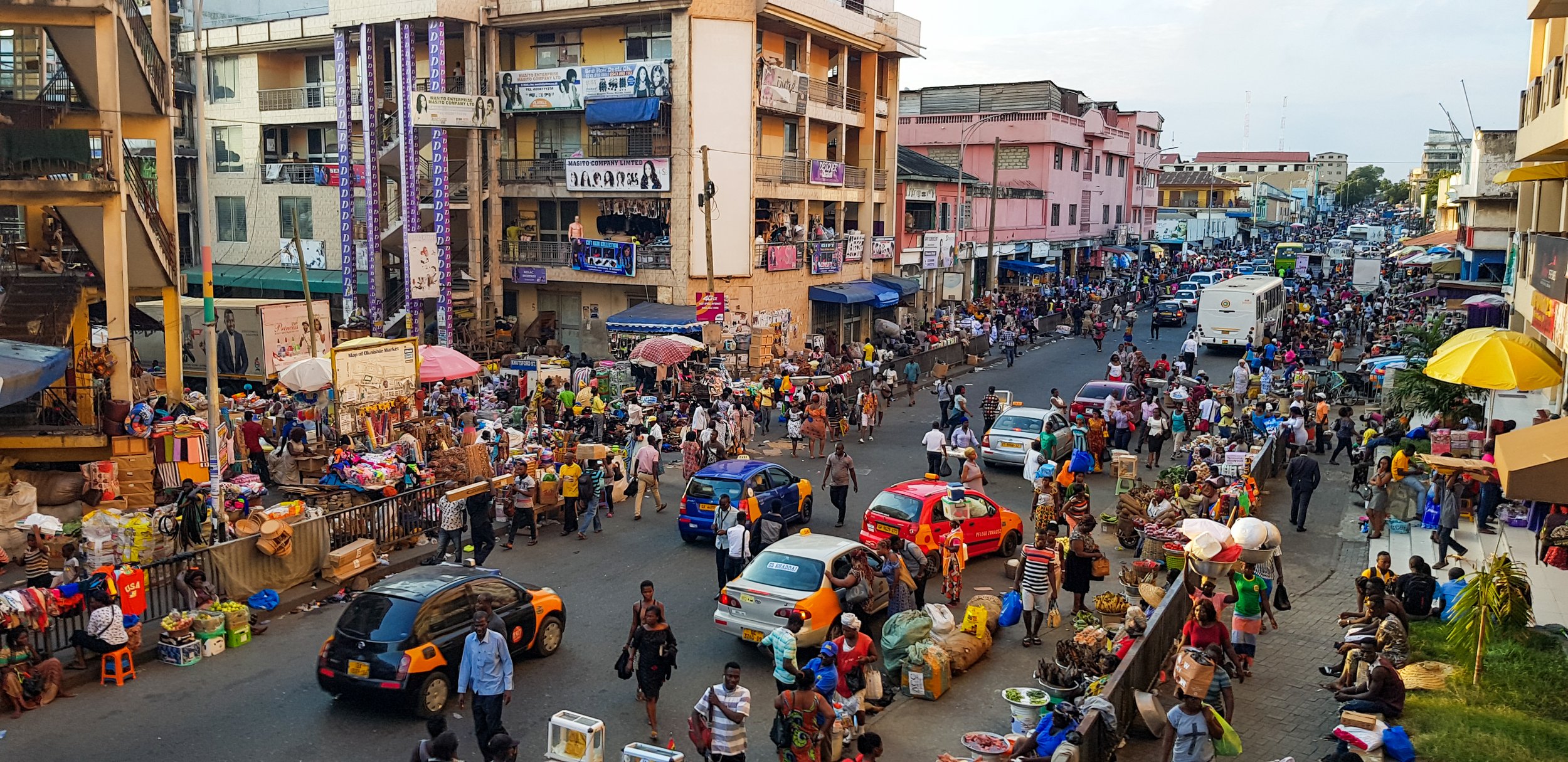
Secondhand Suffering: A Global Call for Clean Air
The hospitality industry's creation of "smoking zones" normalizes the act, attracting new smokers and creating a dangerous environment for staff and patrons alike. This deliberate normalization contradicts Ghana's public health goals and existing legislation.

The Escalation of Dengue Cases in Latin America: A Chance to Apply Lessons Learned from COVAX
Like COVID-19 and many other global health concerns, Dengue is not an individual nation's responsibility to eradicate. It is a global challenge that requires a collective response. Responsible collaborations, as learned from COVAX, are crucial to inform the international community's response to dengue.
Beyond Resolutions: How Local Activism Can Reshape Global Surgery Policy
I failed to secure a Swiss Schengen visa to attend 2024’s 77th World Health Assembly (WHA) global surgery side events. This sparked my reflection on the impact of global health institutionalism on global surgery and why global surgery advocacy must radically change to effectively influence global health policy.

A Digital Leap Towards a Healthier Future in Africa
The convergence of African healthcare visionaries, policymakers, investors, and innovators at the World Future Health Africa is an opportunity and a call to action that Africa cannot afford to miss. The path to embracing AI in African healthcare won't be without its challenges, but the potential benefits are too significant to ignore.
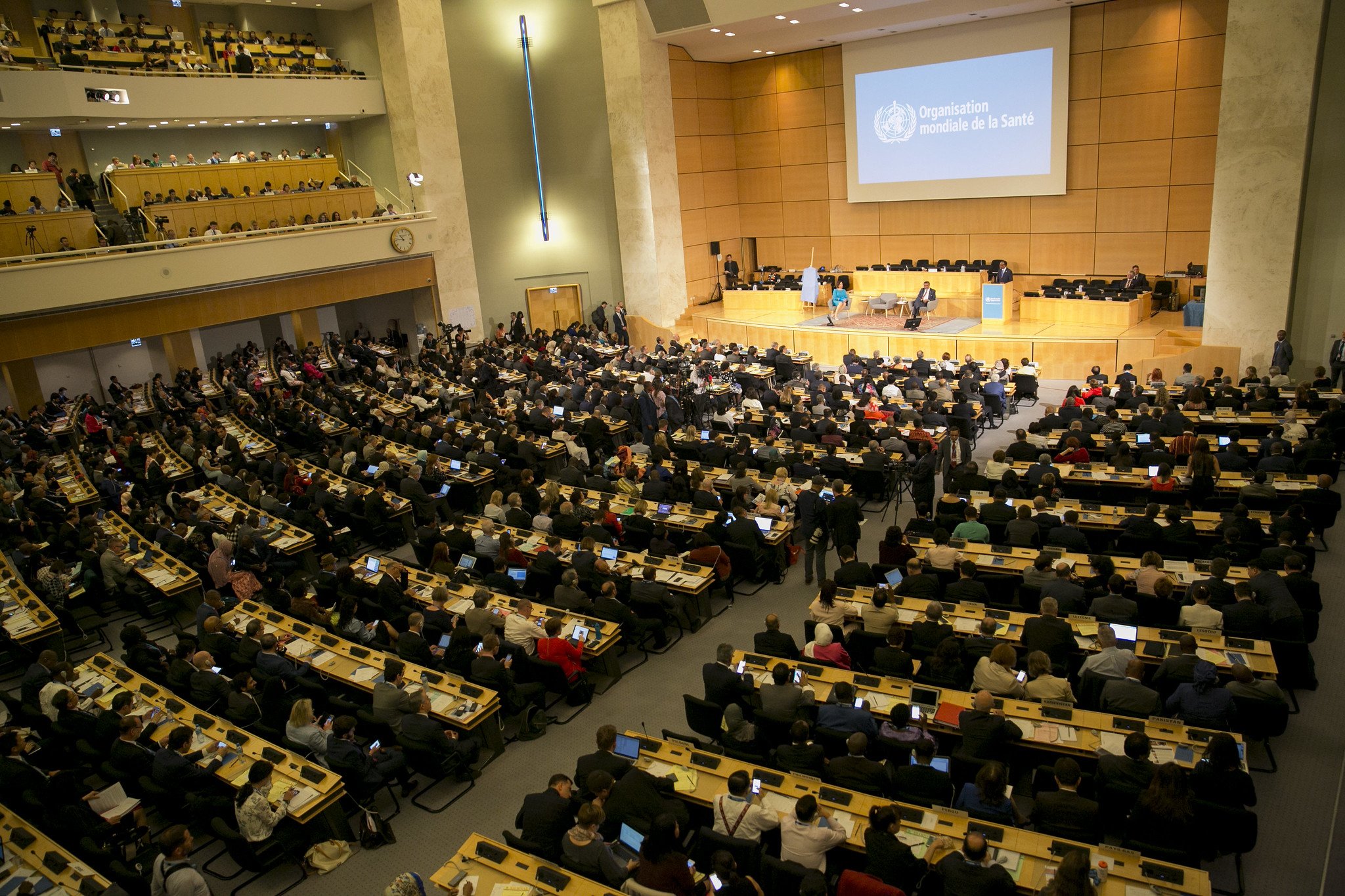
Silenced Voices: How Swiss Gatekeeping Stifles Global Health Collaboration at the World Health Assembly
Unfortunately, visa denial has become a rite of passage in global health. The repercussions of such high denial rates are profound: a shortage of knowledge exchange, diminished collaboration, and the absence of critical African perspectives in shaping health discourse—a discourse that impacts Africa more than any other region.
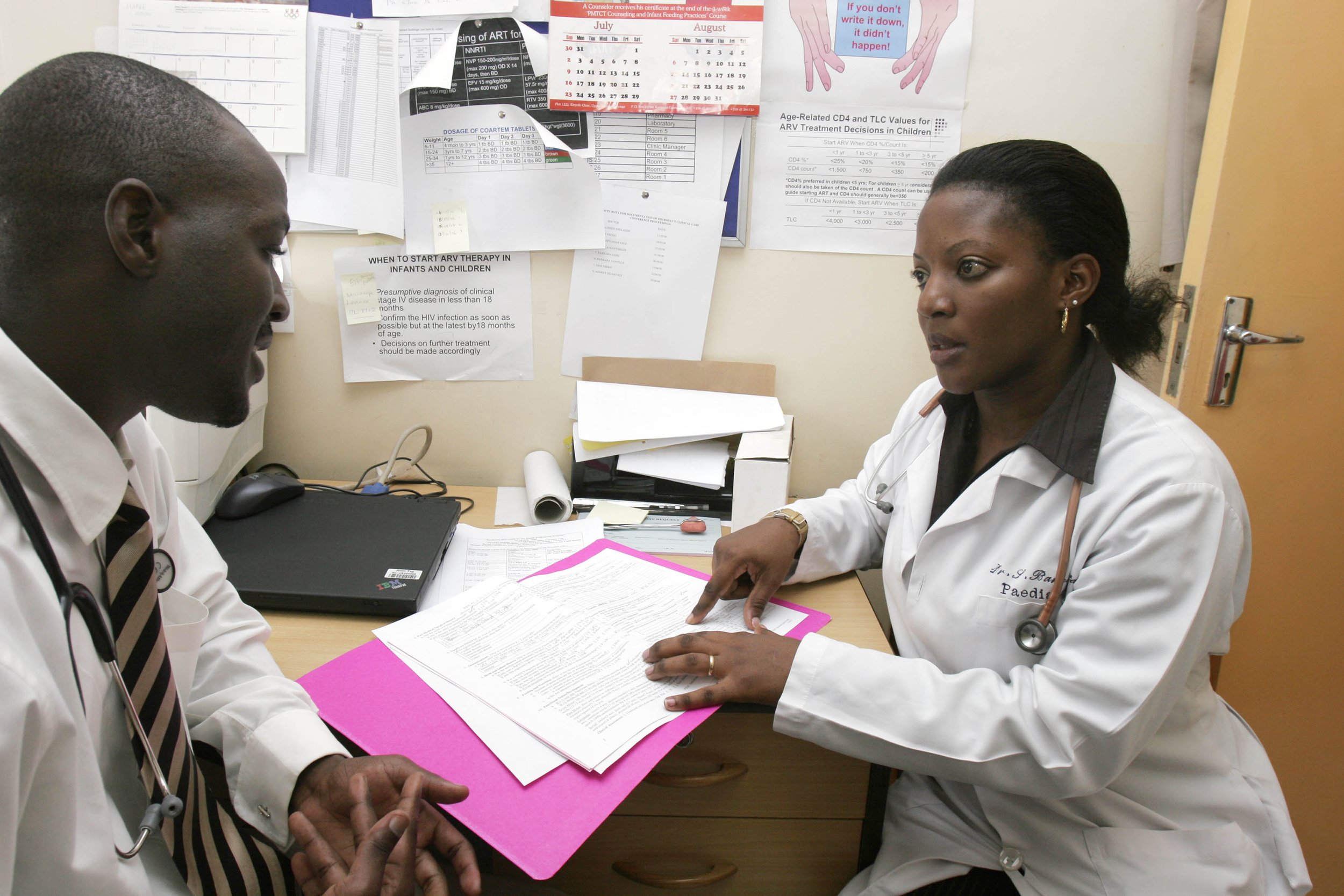
Bridging the Gap Between Prescriptions and Patient Action
Medication adherence is an often overlooked yet crucial part of global health. More prominent issues frequently eclipse it. As we engage in discussions about groundbreaking medical advancements and the latest health trends, the issue of poor medication adherence patiently awaits its moment of recognition.

Q&A: Revolutionizing musculoskeletal sarcoma treatment in Kenya

FIFA and the Global Surgery Movement can unite for children's dreams.
Like Ronaldo, millions of children worldwide dream of becoming famous athletes, engineers, astronauts, doctors, artists, and more. Sadly, unlike Ronaldo, many who suffer from surgical conditions like him may never be able to live out their dreams because they happen to be born in a part of the world where surgical care is virtually impossible to access.
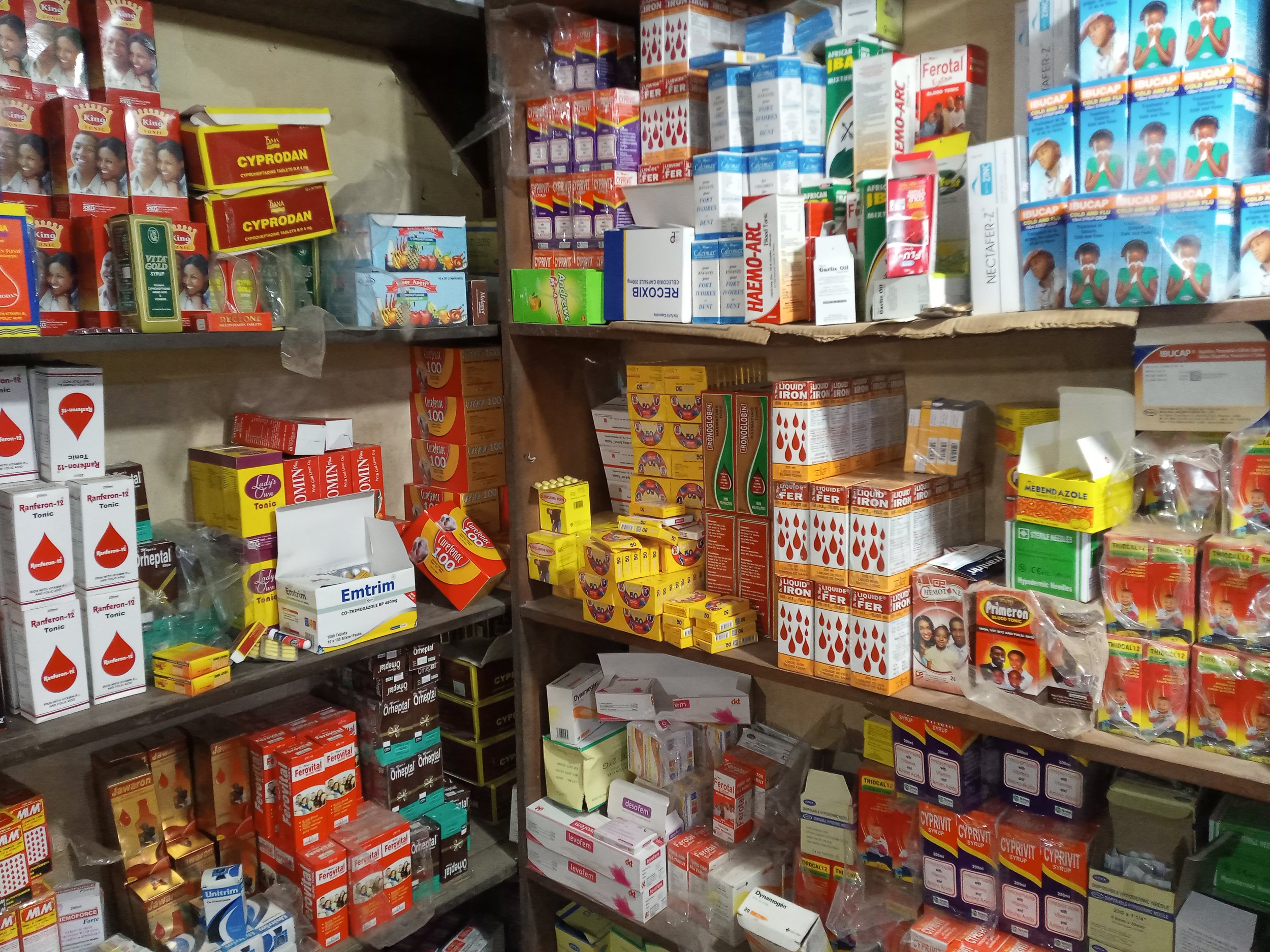
Original or Fake: A Nation’s Counterfeit Goods Dilemma
At the heart of this crisis lies greed. The global counterfeit drug and product market is estimated to exceed $200 billion.

Unsafe Disposal of Medicines: A Slow Poison and Global Threat
The pharmaceutical sector is expanding rapidly due to high demand in healthcare and agriculture, which in turn is generating a significant amount of harmful waste. Various sources, including wastewater treatment plants, healthcare institutions, and household disposal practices contribute to this issue.
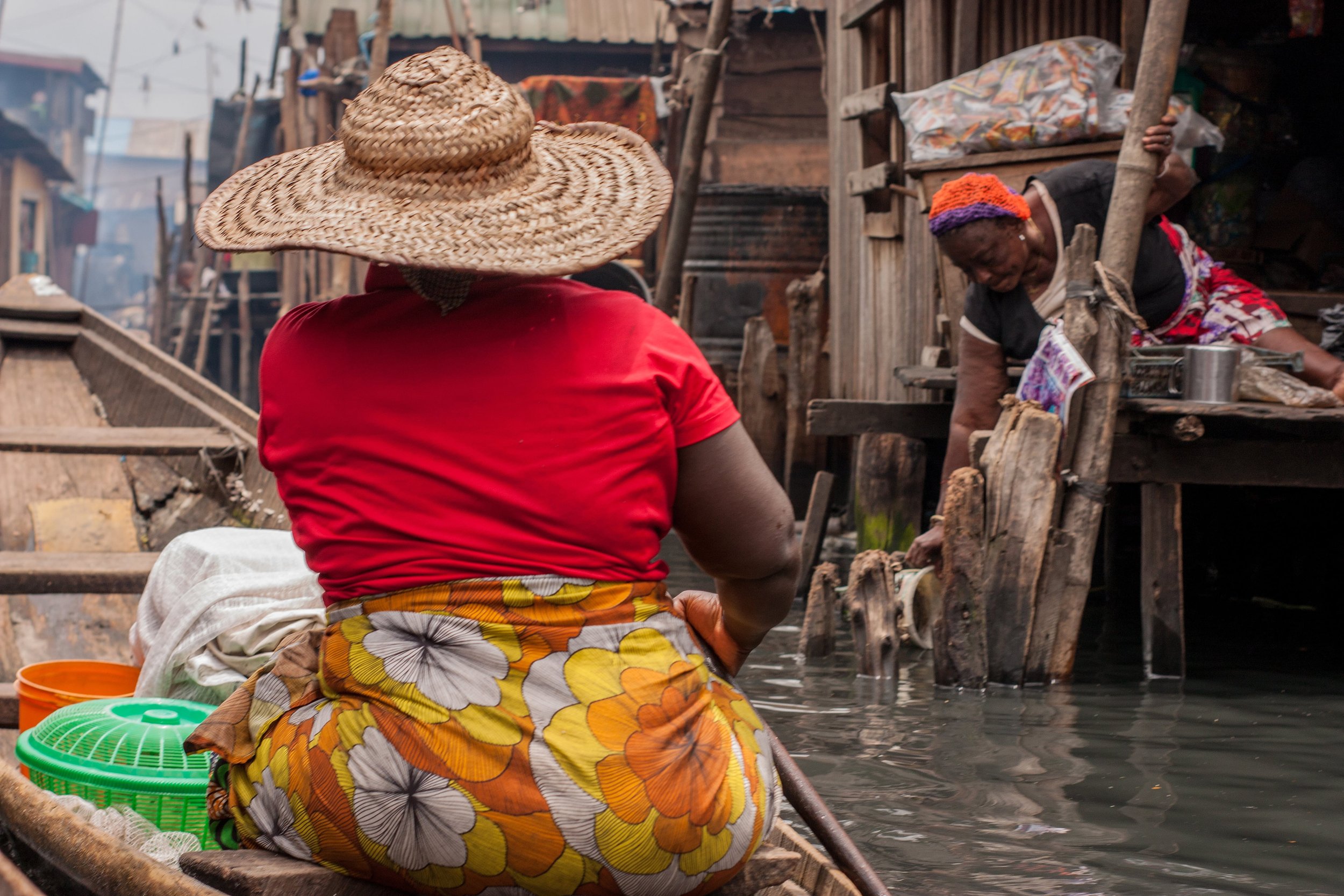
Antimicrobial Resistance in African Slums
The battle against Antimicrobial Resistance in African slums is about safeguarding the future. It's about ensuring that a situation like Nneka's does not repeat itself. We must ensure that antibiotics and other antimicrobial agents remain the shield against every infection.

A Unified Front: Early Detection and Prevention of Pandemics Through One Health Surveillance
Current pandemic responses often fall short due to fragmented surveillance systems focused solely on human health. This approach fails to capture crucial insights from animal populations, neglecting a vital piece of the puzzle. Additionally, delayed responses, fueled by bureaucratic hurdles or inadequate surveillance infrastructure, can significantly amplify outbreaks, as tragically exemplified by the Ebola epidemic.